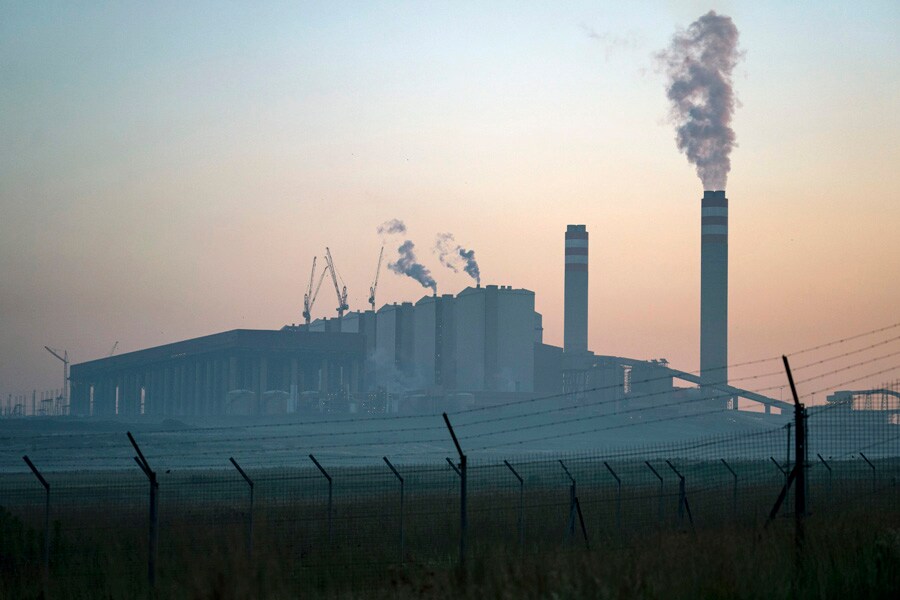
At McKinsey, widespread furore over work with planet's biggest polluters
More than 1,100 employees and counting have signed an open letter to the firm's top partners, urging them to disclose how much carbon their clients spew into the atmosphere
 A coal-burning power plant in Mpumalanga Province, South Africa run by Eskom, which McKinsey & Company has advised, on March 14, 2019. As world leaders prepare to meet in Glasgow next week to address the devastating impact of wildfires, floods and extreme weather caused by rising greenhouse gases, a revolt has been brewing inside McKinsey, the world’s most influential consulting firm, over its support of the planet’s biggest polluters. (Joao Silva/The New York Times)
A coal-burning power plant in Mpumalanga Province, South Africa run by Eskom, which McKinsey & Company has advised, on March 14, 2019. As world leaders prepare to meet in Glasgow next week to address the devastating impact of wildfires, floods and extreme weather caused by rising greenhouse gases, a revolt has been brewing inside McKinsey, the world’s most influential consulting firm, over its support of the planet’s biggest polluters. (Joao Silva/The New York Times)
As world leaders prepare to meet in Glasgow, Scotland, next week to address the devastating impact of wildfires, floods and extreme weather caused by rising greenhouse gases, a revolt has been brewing inside the world’s most influential consulting firm, McKinsey & Co., over its support of the planet’s biggest polluters.
More than 1,100 employees and counting have signed an open letter to the firm’s top partners, urging them to disclose how much carbon their clients spew into the atmosphere. “The climate crisis is the defining issue of our generation,” wrote the letter’s authors, nearly a dozen McKinsey consultants. “Our positive impact in other realms will mean nothing if we do not act as our clients alter the earth irrevocably.”
Several of the authors have resigned since the letter, which has never before been reported, came out last spring — with one sending out a widely shared email that cited McKinsey’s continued work with fossil fuel companies as a primary reason for his departure.
McKinsey publicly says that it is “committed to protecting the planet” and that it has helped its clients on environmental issues for more than a decade. On Oct. 15 it held a Climate Action Day, updating employees on progress toward its goal of having a net-zero carbon footprint by 2030. Yet McKinsey’s own carbon footprint is minuscule compared with that of many of the companies it advises.
Until now, McKinsey has largely escaped scrutiny of its business with oil, gas and coal companies because it closely guards the identity of its clients. But internal documents reviewed by The New York Times, interviews with four former McKinsey employees and publicly available records such as lawsuits shed new light on the extraordinary scope of that work.
©2019 New York Times News Service







